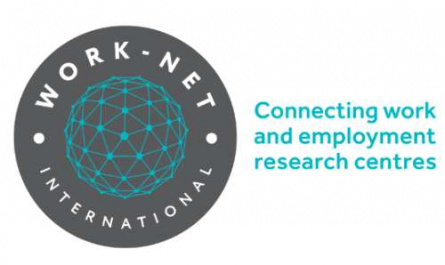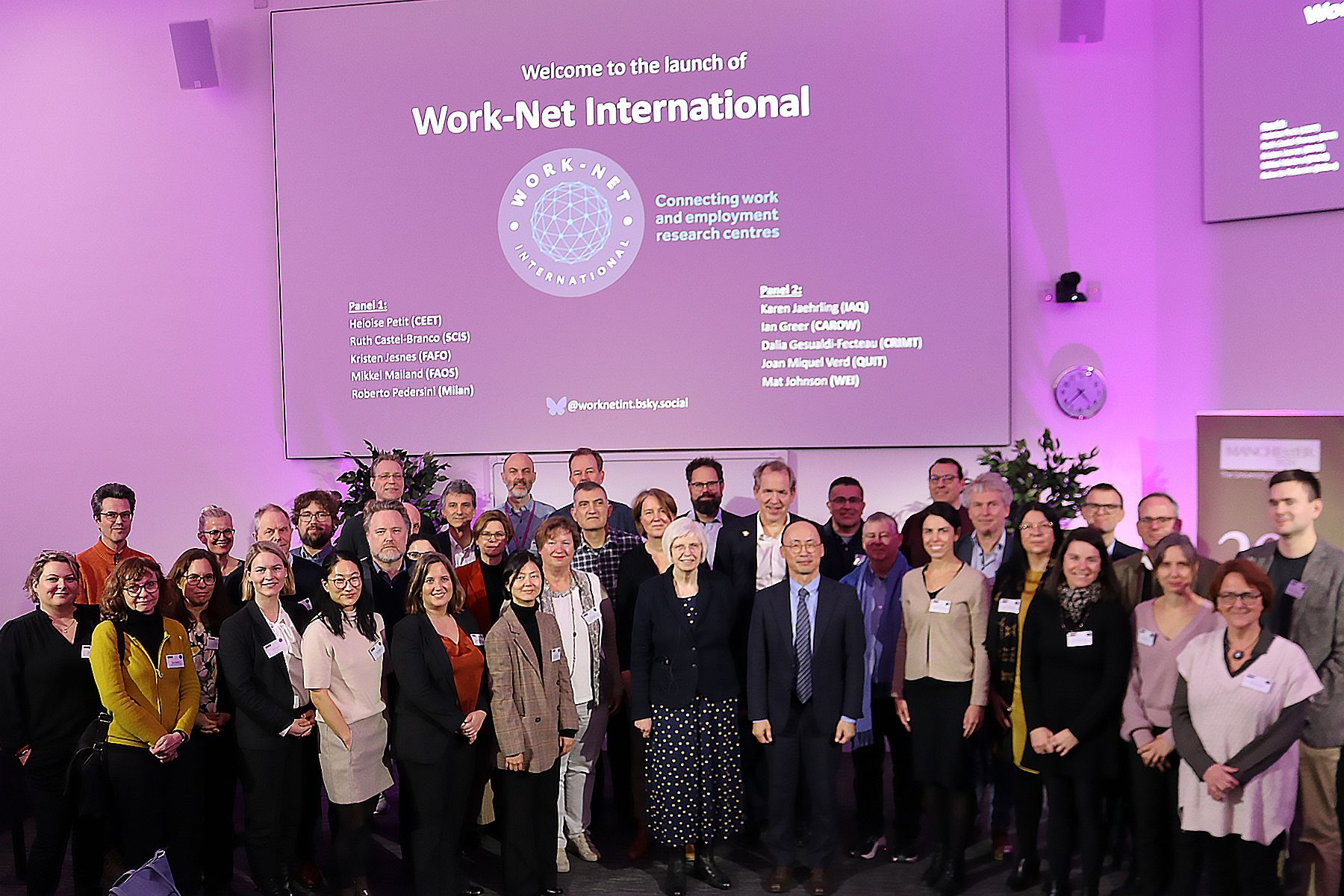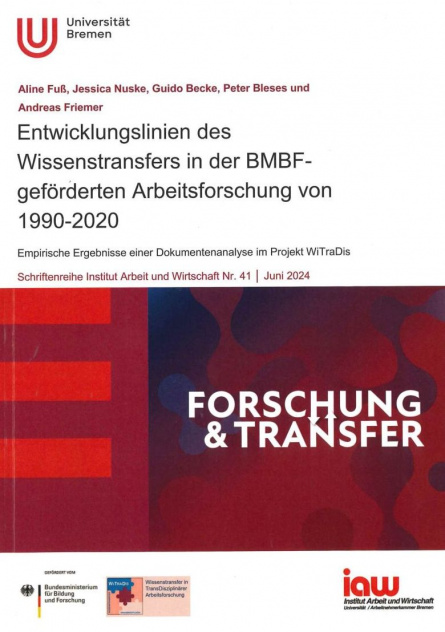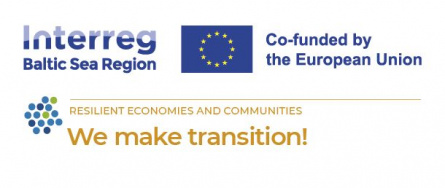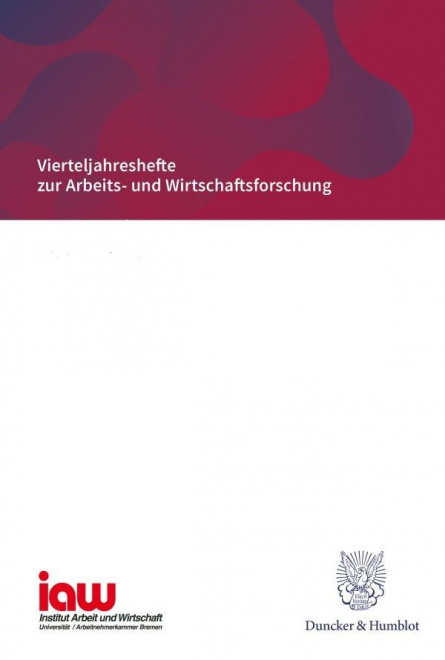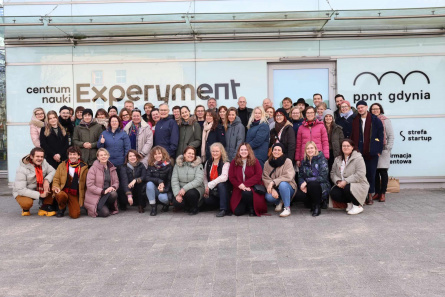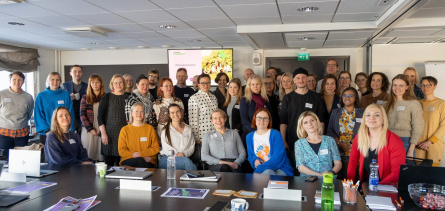Geopolitical risks : What changes for Germany and Europe?ED: Thomas Gehrig (University of Vienna), Lukas Menkhoff (HU Berlin), Doris Neuberger (University of Rostock), Dorothea Schäfer (iaw University of Bremen)
The crises of the 21st century have exposed significant weaknesses in globalized free trade. Both the Corona pandemic and the economic reactions to Russia's invasion of the Ukraine have shown the extreme dependence of Western industrial nations on a few large producers with significant market power. On the one hand, this affects high-tech goods based on computer chips, solar cells, wind turbines and pharmaceutical products, but on the other hand also raw materials, energy and bulk goods such as health and safety masks. In many places, blindly trusting in the functioning of the market, security of supply in the event of a crisis was carelessly overlooked.
Against this background, the question arises about the specific risks to the security of supply chains and the reasons why these are insufficiently insured in a globalized world. Who is affected and how will existing inequalities between population groups or regions be increased? What political conclusions can be drawn from the findings, and are deglobalization or friend-shoring indeed part of the correct answer?
How do the capital markets react to geopolitical risks – do they fulfill an insurance function or do they increase instabilities? What changes in the markets for international capital movements due to the new geopolitical risks are necessary? Are private, capital market-based risk sharing instruments more efficient than public ones? To what extent should the state intervene through trade restrictions, subsidies or transfers?
This issue addresses a variety of individual topics relating to the general topic of “geopolitical risks”. Of particular interest is the handling of geopolitical risks that arise in connection with:
- Supply chains in the shadow of uncertainty
- renewable energies: solar panels, wind turbines
- Chip production
- Pharmaceutical industry
- Resources: rare earths and other raw materials
- Production networks and spillovers
- Geopolitical risks
- Political risks and sanctions
- Trade risks and subsidy competition
- Trade with autocratic countries
- Trade without a legal system
- Multi-sourcing
- Geopolitical risks and financial markets
- Foreign Direct Investment (FDI)
- Private financial flows: Are there new risk premiums?
- Is the synchronization of returns decreasing again?
- Role of development financing
- Remittances/Migration: Changes caused by geopolitical tensions
- Role of foreign exchange market interventions
- Government debt, especially in emerging countries, Africa
- Role of the IMF (generally international financial institutions)
- Is system stability influenced?
- Payment transactions, retention of Russian funds,
- Importance of competing institutions (e.g. BRICs), future of the Belt and Road Initiative
Authors who would like to submit a contribution (in German or English language) should send a short outline of the planned contribution (about 1/3-1/2 page) as soon as possible, but no later than June 15, 2024 to the Editors Thomas Gehrig (thomas.gehrig@univie.ac.at), Lukas Menkhoff (lmenkhoff@diw.de), Doris Neuberger (doris.neuberger@uni-rostock.de) and Dorothea Schäfer (vaw@uni-bremen.de). Feedback will be given within 10 days. The finished contributions, which should not exceed 40,000 characters in length, must be submitted in the first version by November 1, 2024. This is followed by a one- or two-stage peer review and revision process. Please note that manuscripts can only be submitted in Word format. We require images as separate files and in reproducible quality. The “Geopolitical Risks” issue of the Quarterly Journal of Labour and Economic Research will be published in May 2025.
Link Duncker & Humblot
